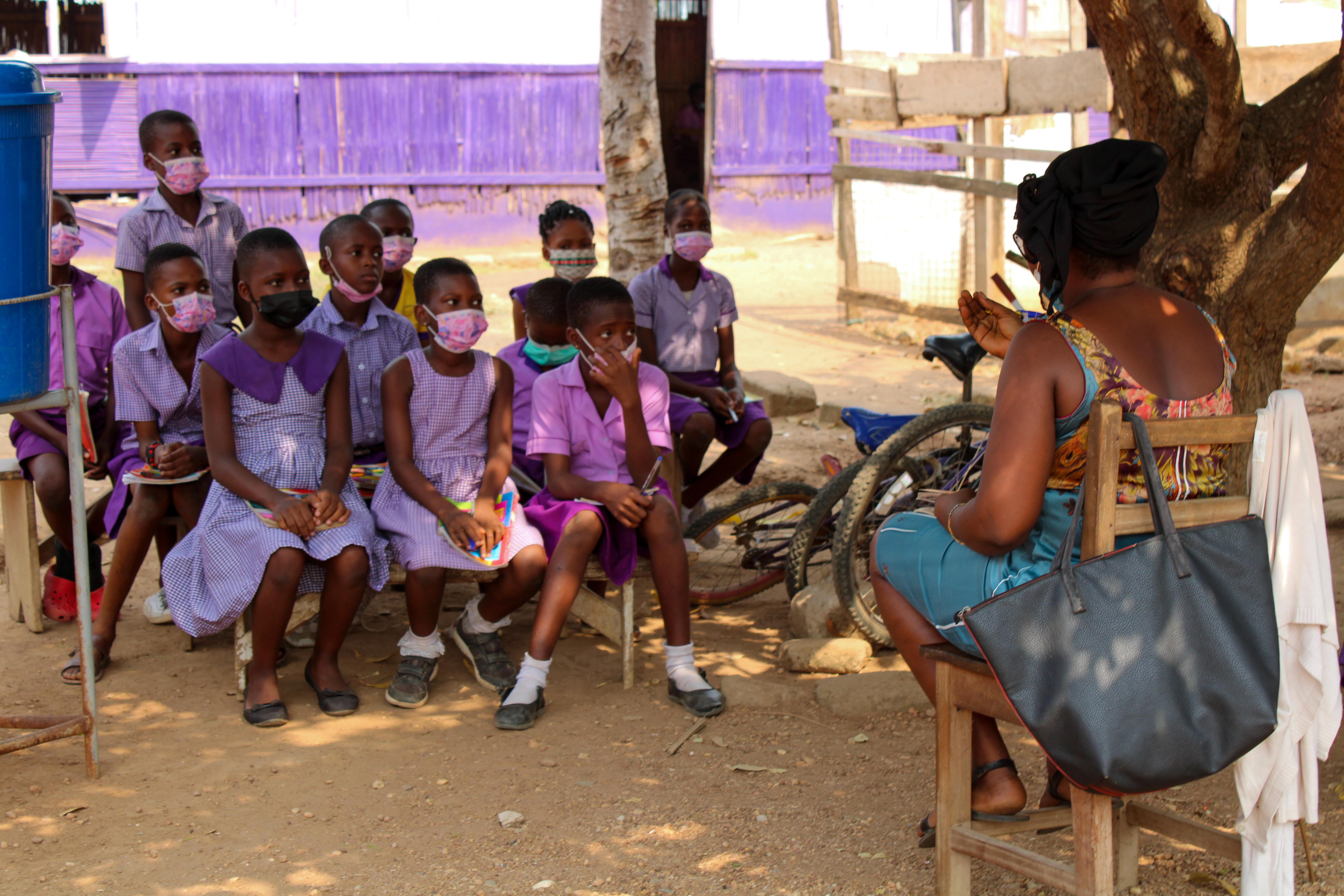
Every morning when the school bell rings, headmaster Confidence Tsidi looks around the classroom waiting for students to open their textbooks. He’s thinking about everything he needs to teach the children for that day, but the troubles behind the school’s system also plague his thoughts: teacher shortages and low salaries.
“The salary that we are receiving as teachers here is not at all enough,” Tsidi said. “There are small tokens that we are receiving, but we are able to manage it.”
Tsidi has been working at Living Faith School and Home—an independent school and orphanage in Sogakope, a district capital in Ghana's Volta region—for six years and has watched the staff slowly decline, especially in the orphanage’s teacher department. It’s a concern for him because education is key to bettering a child’s life long-term, especially at Haven of Hope.
In recent years, teacher shortages have affected K-12 schools and universities in countries across the globe, including the United States. Teacher shortages only accelerated when the COVID-19 pandemic arrived, as was the case with Living Faith.
According to Tsidi, a shortage in educators has affected the children’s academic skills and future success. Unfortunately, this is also happening in other orphanages throughout Ghana—a 2021 UNICEF Ghana report found that only one third of children in residential care had foundational reading skills, while a much lower proportion can succeed in foundational math skills. A total of 3,530 children were found to be living in alternative care homes throughout the country, where the majority of them are boys.
But Living Faith isn’t the only place impacted—teacher shortages and maintaining educational standards is an issue throughout sub-Saharan Africa.
According to a 2021 Global Education Monitoring Report by UNESCO, only 18 percent of all primary-school age children in sub-Saharan Africa achieve minimum proficiency in reading and mathematics. Children in Africa are struggling to master basic literacy and numeracy skills due to teacher shortages and lack of educational resources.
Long commute to a small salary
Even if Living Faith can find educators to work, they face an additional issue: transporting teachers and staff to the orphanage.
“Most of the teachers are not living in the town, so getting a bus to the school is very difficult for them,” Tsidi said.
Tsidi said Living Faith can’t provide transportation to the school due to financial issues, so the teachers must find their own way to work.
And at the salary they’re making, that often feels impossible. Agnes Appiah, operator of Living Faith, said their teachers’ salaries range from 150 to 400 GHS per month. According to a Trading Economics report, this is much less than the average individual living wage in Ghana of 900 GHS per month. It's a small amount, and Ghana’s finance minister, Ken Ofori-Atta, even admitted that there is no money to pay government teachers.
Though the pay is low and the teachers are few, Appiah said she is doing her best to provide her staff and students with their needs, and of course, an education.
“I’m keeping my resources and little money to help with their education,” Appiah said. “We still need many hands to come and help.”



